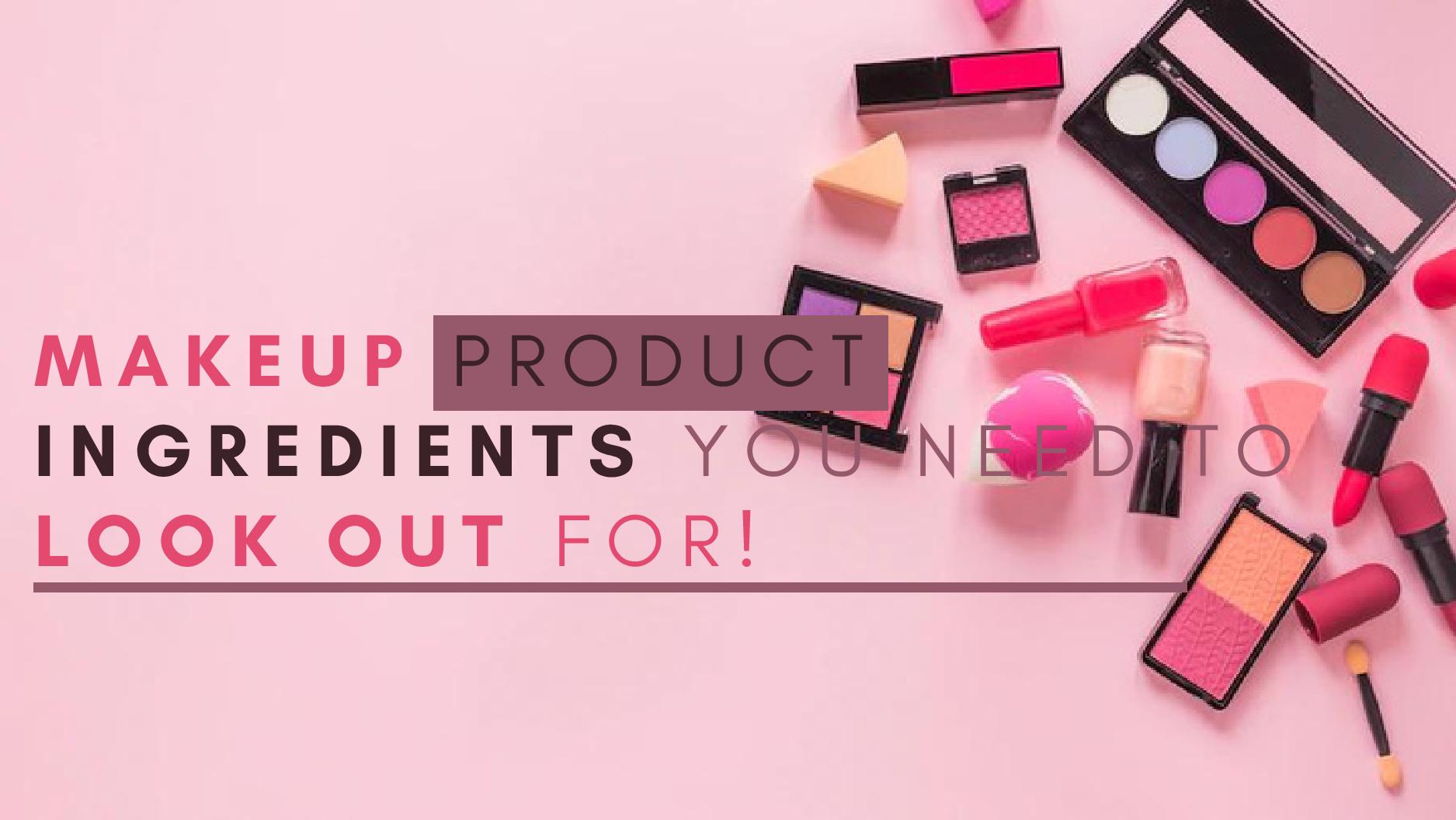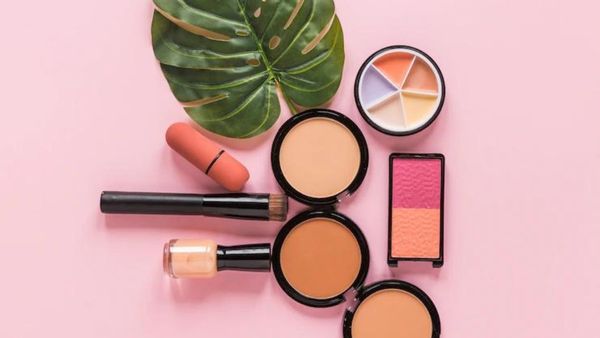Just In
- 1 hr ago

- 5 hrs ago

- 6 hrs ago

- 11 hrs ago

Don't Miss
- Movies
 LSD2 Box Office Collection Day 1 Prediction: Dibakar Banerjee’s Film To Have Slow Start; Will Fail To Touch 5C
LSD2 Box Office Collection Day 1 Prediction: Dibakar Banerjee’s Film To Have Slow Start; Will Fail To Touch 5C - Finance
 1:3 Bonus Share, Rs 13.25/Share Dividend: Buy Maharatna PSU, TP Rs 355, Fundraise Approved
1:3 Bonus Share, Rs 13.25/Share Dividend: Buy Maharatna PSU, TP Rs 355, Fundraise Approved - Sports
 Michail Antonio felt officials were against West Ham after European exit
Michail Antonio felt officials were against West Ham after European exit - News
 12 Jurors Picked For Donald Trump’s Hush Money Trial, Alternate Selection Continues
12 Jurors Picked For Donald Trump’s Hush Money Trial, Alternate Selection Continues - Automobiles
 Aprilia RS 457 Accessories: A Detailed Look At The Prices
Aprilia RS 457 Accessories: A Detailed Look At The Prices - Education
 Karnataka SSLC Result 2024 Soon, Know How to Check Through Website, SMS and Digilocker
Karnataka SSLC Result 2024 Soon, Know How to Check Through Website, SMS and Digilocker - Technology
 Nothing Ear, Ear a With ANC, Up to 42.5 Hours of Battery Launched; Check Price and Availability
Nothing Ear, Ear a With ANC, Up to 42.5 Hours of Battery Launched; Check Price and Availability - Travel
Telangana's Waterfall: A Serene Escape Into Nature's Marvels
If Your Makeup Products Have These Six Ingredients, It's Time To Ditch It!
Many people in India use makeup and cosmetic products daily, as evidenced by the 15 to 20 per cent annual user growth. According to reports, 4.6 billion people come from the Indian continent, 274 billion, indicating the rapid growth of users in the country [1].
As demand grew, so did supply. As a result, even your worst day can look presentable with cosmetics, whether organic or premium.
The confidence boost makeup gives you is undeniable. But did you know that makeup products like mascara, compacts, and lipstick can contain harmful ingredients that can hurt your skin and overall health?

6 Harmful Makeup Products Ingredients You Need To Look Out For!
1. Parabens
There is no doubt that parabens are a common public enemy, as they can interfere with your sex hormone, oestrogen, which can lead to decreased sperm counts. They have also been linked to breast and skin cancer [2].
2. Lead
Since lead is a naturally occurring mineral, it's a common ingredient in cosmetics. The maximum lead content allowed in cosmetics is ten parts per million, but some brands go above this, which is when the problem arises [3].
Traditional eye products such as kohl or kajal often contain over 70 per cent lead, as do the more conventional cosmetic products. Lead is also found in lipsticks. Suppose high levels of lead are absorbed into the body, in that case, they can cause poisoning symptoms that initially appear to be innocuous, such as fatigue or irritability.

3. Formaldehyde
Formaldehyde is used to prevent bacterial infections and increase the life of makeup. However, it is also known as a carcinogen and an eye and skin irritant. Low levels of formaldehyde have been linked to cancer, but in cosmetics, this effect is slower and continues for a longer period of time.
Many cosmetic brands use other molecules that slowly release formaldehyde in order to conceal the presence of formaldehyde, such as Bronopol, DMDM hydantoin, Diazolidinyl urea, imidazolidinyl urea, and Quaternium-15, which are cosmetic preservatives that slowly release formaldehyde [4].
4. Fragrance and colour synthetics
Unlike natural fragrances, synthetic fragrances can last up to five years. However, they are also more difficult to solubilise and can also mask the smell of other foul ingredients that might discourage consumers from purchasing the product [5].
There is a high likelihood that products made with synthetic fragrances and colours will cause allergies, irritation, and acne, as they have a low tolerance for these substances. It can also cause allergic reactions and contact dermatitis in sensitive skin types and disrupt the skin's natural moisture and oil balance.
5. Silicone
With a variety of benefits, silicones are one of the most widely used cosmetic ingredients. They improve the ease of application of foundation, creams, primers, and lipstick [6].
In addition to being difficult to remove, silicones accumulate on the skin over time. Since their occlusive properties act as a barrier for acne-prone skin, they trap oil, dirt, and dead skin cells inside the pores, worsening acne. Additionally, they hinder skin regeneration by interfering with the cell renewal process.

6. Phthalates
By adding phthalates to creams and lotions, oil-based foundations will not stain, and colour and fragrance will be enhanced. However, in addition to causing endocrine disruption, it can damage the kidneys and liver, lead to cancer and increase the risk of asthma, allergies, and chronic health conditions [7].
Those with acne may be more sensitive to these chemicals' negative effects, as these chemicals can exacerbate existing skin conditions or cause breakouts. In addition, due to their heightened sensitivity, pregnant women and children are at a greater risk of exposure.
On A Final Note...
Choose organic makeup products with plant-based ingredients that don't contain harmful additives.
-
 insyncWhat Is Porcelain Doll Makeup Trend? 6 Tips To Achieve The Doll-like Glamour
insyncWhat Is Porcelain Doll Makeup Trend? 6 Tips To Achieve The Doll-like Glamour -
 beautyChaitra Navratri 2024: 7 Mesmerizing Makeup Ideas To Ace Your Festive Look
beautyChaitra Navratri 2024: 7 Mesmerizing Makeup Ideas To Ace Your Festive Look -
 beautyAlia Bhatt's No Makeup Look, 7 Simple Steps To Accentuate Your Radiant Beauty
beautyAlia Bhatt's No Makeup Look, 7 Simple Steps To Accentuate Your Radiant Beauty -
 beautyHappy Birthday Alia Bhatt: Stunning Actress' Guide To Ice Water Facials & Foundation-Free Makeup, Watch Video!
beautyHappy Birthday Alia Bhatt: Stunning Actress' Guide To Ice Water Facials & Foundation-Free Makeup, Watch Video! -
 beautyAlia Bhatt's Glamorous Smokey Eyes And Glass Skin Makeup Look: 7 Tips To Achieve Radiant Glamour
beautyAlia Bhatt's Glamorous Smokey Eyes And Glass Skin Makeup Look: 7 Tips To Achieve Radiant Glamour -
 beautyJanhvi Kapoor Inspired Glitter Makeup Look, 8 Steps To Unleash Your Inner Glam
beautyJanhvi Kapoor Inspired Glitter Makeup Look, 8 Steps To Unleash Your Inner Glam -
 beautyInternational Women's Day 2024: 7 Captivating Makeup Ideas To Empower Your Beauty
beautyInternational Women's Day 2024: 7 Captivating Makeup Ideas To Empower Your Beauty -
 beauty7 Makeup Hacks For An Elegant Wedding Guest Look, Pick Your Favourites!
beauty7 Makeup Hacks For An Elegant Wedding Guest Look, Pick Your Favourites! -
 beautyPermanent Makeup Trend: A Simple Guide To Achieve Perfection With Beauty Artistry Methods
beautyPermanent Makeup Trend: A Simple Guide To Achieve Perfection With Beauty Artistry Methods -
 beautyAlia Bhatt's Classic Makeup Look, 5 Easy Tips To Achieve Elegance
beautyAlia Bhatt's Classic Makeup Look, 5 Easy Tips To Achieve Elegance -
 beautyValentine's Day 2024: 6 Time-Saving Makeup Ideas To Ace Your Date Look
beautyValentine's Day 2024: 6 Time-Saving Makeup Ideas To Ace Your Date Look -
 beautyTripti Dimri's No-Makeup Look Guide To Embrace Your Natural Beauty, Here's How To Achieve It
beautyTripti Dimri's No-Makeup Look Guide To Embrace Your Natural Beauty, Here's How To Achieve It


 Click it and Unblock the Notifications
Click it and Unblock the Notifications



